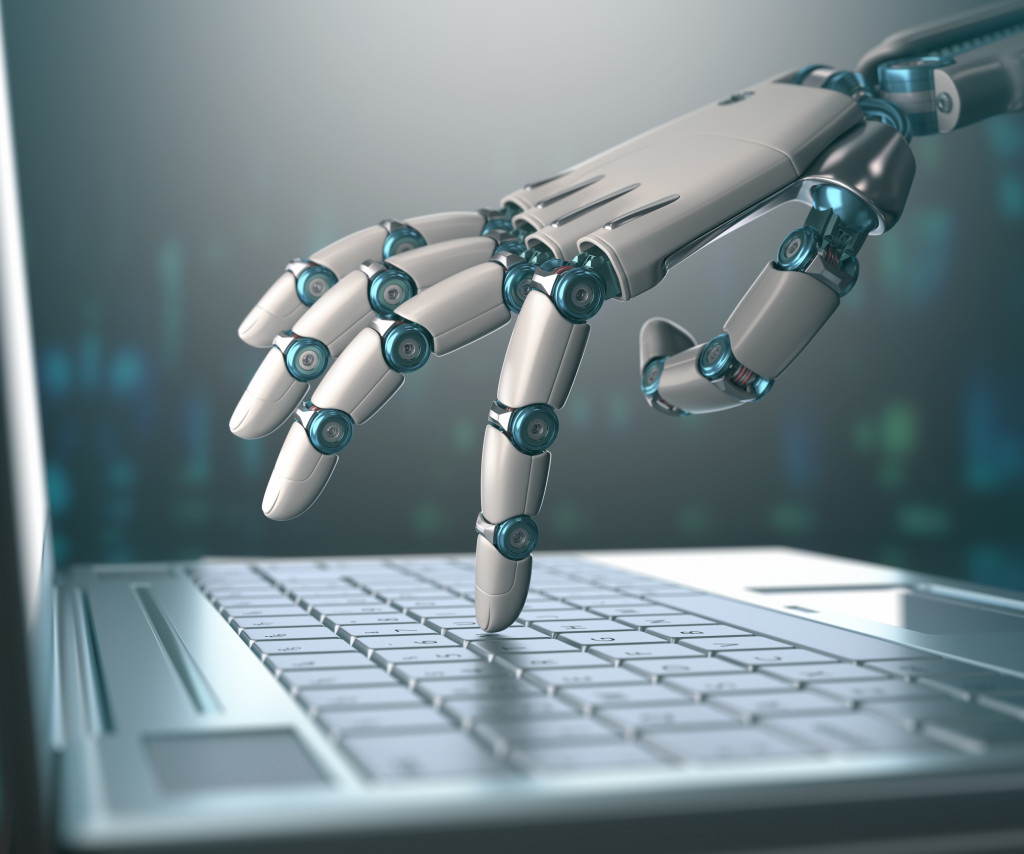The use of artificial intelligence is growing wider. It is no longer just technology companies. AI is in almost every industry now, including in marketing.
AI in Marketing
One recent study revealed that, as of 2020, the global market for AI in advertising is valued at $12 billion. By 2028, it is expected to expand further and reach $107 billion.
AI allows marketers to utilize troves of user data collected by websites and e-commerce platforms to track consumer behavior in real time. In some cases, AI can even accurately predict consumer behavior in the next 24 hours.
Most marketing firms are scouring social media platforms and other online sources to mine relevant data. The AI will use data to identify patterns and predict what trends will emerge and become popular in a particular market or consumer demographics.
This allows marketers to tailor their campaigns to more efficiently reach their target audience. More recently, marketing firms are using AI to generate content, including slogans, email subject lines, and social media captions.
AI Writing Online Content
In marketing, the tagline matters a lot. The best ones tend to stick around for a really long time and embed themselves in the public consciousness. For example, Disneyland’s “The happiest place on Earth” or Nike’s “Just do it.” Both are made up of just a few words, but they perfectly encapsulate the mission and message of their respective brands.
Back then, if a business wanted to develop a powerful tagline, the owner would hire a talented copywriter in-house or through an agency. This tagline could be used for pay-per-click or PPC campaigns an outsourced company develops. It could also be printed on posters and billboards and posted on the web and social media sites.
Nowadays, however, hiring a copywriter is no longer a necessity. There are online tools that utilize AI to create a memorable and eye-catching tagline for a small fee.

That is exactly what Dixon Carphone, an omnichannel retailer for technology products and services based in the United Kingdom, did. To advertise its Black Friday sale, the company asked its human copywriters to create dozens of sentences used in marketing materials. However, the creation of AI software produced the line that the company ended up using: “The time is now.”
It worked because, while the human copywriters all produced promising taglines, they all contained the words “Black Friday.” The one created by the AI software did not. The technology was able to break the thought pattern among human copywriters to come up with something different.
AI tools can come up with outlines for newsletters, social media captions, email subject lines, and even video ideas for YouTube or Facebook. Businesses can get a slogan that will improve online engagement within seconds with the help of AI.
The End of Copywriters?
There have been warnings about the future where machines will take over jobs, leaving millions of people unemployed. Now that businesses and marketers can use AI, there is a question of whether, in the near future, all copywriting tasks will be relegated to computers.
While there have been advancements in the technology, enough to enable AI to generate content for marketing purposes, these tools are still inferior to human copywriters. AI has the capacity to analyze troves of data, but it does not have the sophistication and expertise that people spent years gaining. Moreover, creativity is inherently a human trait. The technology can produce a string of words, but a human will still be needed to decide if it can work or reflect the message the brand wants to convey.
For example, in journalism, news companies such as the BBC, the Washington Post, and Forbes use AI to help create the first draft of stories. However, a human is still needed to come in and fix the article before it gets published.
In short, AI is a member of the team, not the entire team on its own. It is still not ready to take over jobs, at least for the time being. Studies also predict that new ones will be created while some jobs may disappear in the future. In marketing, in particular, more than half of all marketers believe that AI will generate more jobs in the next decade. Only 23 percent of marketers in one survey foresee that more jobs will be lost in marketing because of AI.
AI creates opportunities for businesses to utilize data and create compelling content for marketing. However, it would not be enough to run an entire marketing campaign. Humans are still needed to come up with creative ideas and ensure that the marketing campaign is a success.

